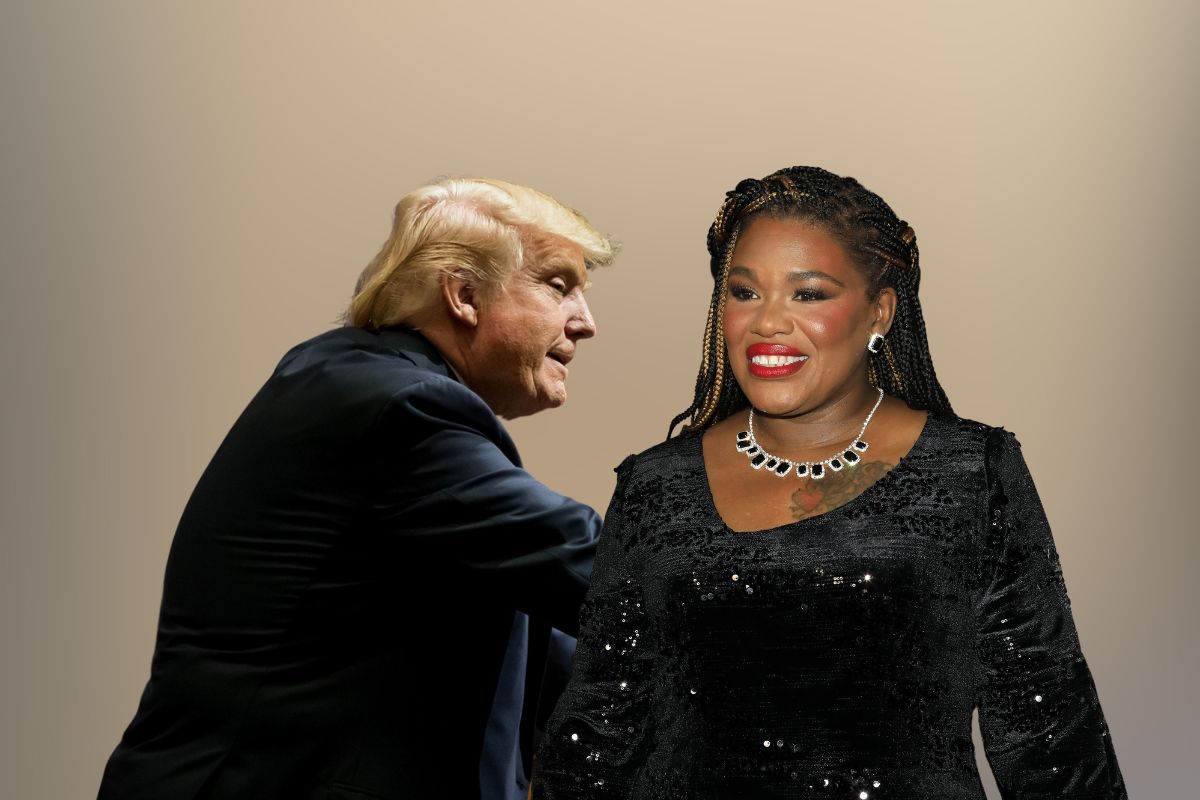In a recent fiery speech, Representative and “Squad” member Cori Bush labeled Donald Trump the “former white supremacist-in-chief” amidst her discussion on the mishandling of classified documents.
The issue has rattled the political landscape about two of the United States’ most prominent figures, President Joe Biden and former President Donald Trump.
Bush’s comments were made during a hearing about Biden’s handling of classified documents but quickly became a broader critique of Trump’s past actions and current allegations against him.
Bush emphasized that her focus, and that of her constituents from St. Louis, remains on substantive community issues rather than what she termed “partisan hit jobs.”
She defended President Biden’s cooperation with the special counsel’s investigation, which found no evidence warranting criminal charges against him.
“President Biden fully complied with the investigation conducted by special counsel, who did not find evidence sufficient to warrant criminal charges,” Rep. Bush said.
She contrasted this outcome with the Republicans’ efforts to leverage the investigation’s findings to facilitate Trump’s re-election campaign.
“Despite this outcome, Republicans have used the special counsel’s report to further their long-standing efforts to reelect the former white supremacist in-chief Donald Trump,” Rep. Cori Bush fumed.
I said what I said 🤷🏾♀️
— Cori Bush (@CoriBush) March 12, 2024
Donald Trump is the former White Supremacist-in-Chief.
Moreover, Bush didn’t shy away from discussing the serious legal peril Trump faces, noting his 40 criminal charges, including obstruction of justice, all tied to the mishandling of classified documents.
This stark comparison sought to outline the differences in accountability and legal outcomes between the two political figures involved in similar controversies.
Bush’s vocal criticism of Trump, referring to him as the “former white supremacist-in-chief,” and her analysis of the situation underscore the highly charged political environment.
Her remarks reflect the broader Democratic sentiment of holding Trump accountable for his actions and the implications of these legal battles on American politics.
This scenario underscores American politics’ ongoing tensions and polarized nature, particularly as both parties gear up for future electoral battles.
With such strongly worded accusations and the legal entanglements of key political figures, the stage is set for a contentious buildup to the next election cycle.
